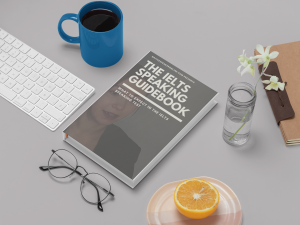In the IELTS Speaking test, the examiner often asks questions about why you like a particular situation or activity, for example your work, the place where you live, your lifestyle, etc. You will probably want to discuss the advantages and opportunities that the situation gives you. In this post I’m going to teach you a simple and natural structure you can use: get to do something.
Native speakers often use get to do something to mean be given the opportunity to do something. We use this expression when we want to say that a situation or decision allows us to do something that is good for us. Under other circumstances, this benefit might not be possible. Let’s look at a few examples:
Benefits of your work
If the examiner asks what you like about your work, you might say:
- I enjoy my work as a translator because I get to work at home a lot. (= I can work at home because the situation makes it possible)
- I’m a consultant, so I get to meet lots of interesting people in my work.
- The part that I like most about my work is that I get to travel all the time.
When talking about the drawbacks of your work, you can use the negative form:
- What I dislike about my work is that I don’t get to travel much.
- I hardly ever get to meet people in my work. I feel very isolated.
See more structures for talking about your work here.
Benefits of living in the city
Imagine you have just moved to a big city in an English-speaking country and the examiner asks you about the advantages of the place where you live. You could say:
- Here, I get to go shopping a lot.
- I get to use English every day.
- There are historical sites everywhere, so I get to do a lot of sightseeing.
- I get to go out very often and make new friends. There are plenty of bars and cafes.
Talking about ability
Do not use the structure get to do something if you are only talking about ability. For example, if you are a musician and you want to say that you are able to play the piano well, you cannot say: I am a musician — I *get to play* the piano well. You should say:
I’m a musician — I can play the piano well.

This FREE eBook Shows You What Kinds of Tasks and Questions to Expect in the IELTS Speaking Test.

I would like to thank you for teaching me new words when talking about ability.
Really great tips
amzing
great tips. thanks for such info